the blog
welcome to tate psychotherapy
Cozy up and read up. In our blog posts we share actionable steps and advice to help you improve your mental health.
We’ll talk all things anxiety, depression, relationships and everything inbetween.
Small, Simple Ways to Nourish your Inner Child
July 5, 2023
What do we mean by “inner child?”
Your inner child is a part of you that developed during infancy, latency, and pre-adolescence when you were first exploring and experiencing yourself in the world. In many ways, your inner child embodies your most authentic and unmodulated self, in that it is concerned with what delights and inspires us in the present moment. From the start, most children are wired to engage with the world with an immediacy and curiosity that is directed by what feels good, uncomplicated by responsibilities, long-term goals, or self-consciousness.

In adulthood, we may find ourselves so focused on pleasing others and/or achieving professional goals that we lose touch with the experiences and parts of ourselves that bring us delight. Exercising our playful, spontaneous, and creative sides can feel foreign and strange. So often we want to feel “productive” – checking off items on our to-do lists – that we forget to nurture that part of ourselves that allows for authentic, playful engagement with ourselves and the world around us.
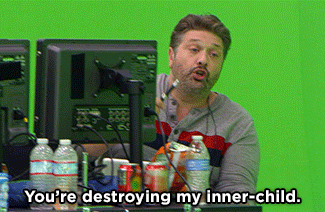
Learning how to nourish our inner child helps us to move away from self-doubt and judgements, and practice self-acceptance. A playful stance can boost energy, support authentic connection with others, lift our mood, awaken new interests, and enhance our sense of satisfaction and fulfilment in our daily lives.
7 Ways to Nurture Your Inner Child
1. Embrace your creative side
Creative endeavors require a certain amount of vulnerability and trust in order to engage in the messy act of transformation. Art is a bit like therapy in that sense. Because of the vulnerability required, art-making as a adult can provoke intense anxiety, self-denigration, and discomfort when viewed from the perspective many of us had drilled into us through our school system – that unless you’re going to make money doing it, you can’t be an artist. Kids don’t care about turning a profit when they pick up a paint brush. Try to channel your 3/4/5 year-old self discovering for the first time the exhilaration of manipulating materials and making your mark. Counteract self-doubt with a playful stance. Give yourself permission to make BAD art. Instead of focusing on the end result, pay attention to what impulses arise and what feels good in the moment. Whether you choose to paint, collage, sketch, doodle, or use a coloring book, pay attention to how it feels to follow your instincts with no preconceived notion of how it “should” turn out. Focus on the process, not the result. Art making comes naturally to us as children, as we all have an innate impulse to experiment and create. As adults, if we practice quieting our notions around what constitutes “good art” and instead give our inner child permission to play, then we can re-discover the satisfaction we experience as children when we make something uniquely our own. In this way, art making (or art playing) can be a source of relaxation, invigoration, and self-discovery.
Interested to learn about the healing use of art in the treatment of mental health concerns? Check out Art Therapy Place as a resource to learn more about art therapy, individual treatment, workshops and groups: https://arttherapyplace.com/
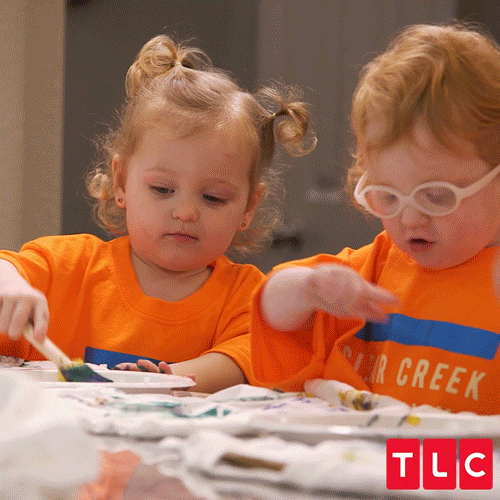
2. Dance!
Alone in your apartment, out with friends, in a Zumba class with strangers. You may even have heard of the popular dance movement, Daybreaker, which offers a maximalist experience for those who enjoy an early morning sober rave: https://www.daybreaker.com/
On a smaller scale, dance can enliven the most mundane of activities; bust a move doing the dishes or brushing your teeth. Notice how it feels to move your body and what emotions come up – Anger? Grief? Joy? Longing? Movement is a powerful way to connect to feelings that may otherwise be suppressed in our day-to-day life. Dance provides an outlet for the expression of feelings we carry around with us. Dance not only promotes spontaneity, energy, and access to underlying emotions, it also has been proven to have anti-aging benefits in areas of memory, learning, and balance (in case you wanted to take the whole inner-child thing literally).
Reference: https://www.frontiersin.org/articles/10.3389/fnhum.2017.00305/full

3. Play dress up
I don’t necessarily mean wearing a dinosaur costume to work (although that would be awesome and Halloween is coming up, so…). Try to relax any rules you have about what kind of clothes suit your “body type” or are “on trend” and focus more on what fabrics, colors, and designs make you smile and feel good to wear. Children appreciate clothes for their comfort or for how they make them feel when they put them on and pay less attention to how they look in the eyes of others. Try experimenting with clothes/jewelry/make-up/nail polish you might otherwise feel too self-conscious to wear. Suspend the self-criticism and focus on having fun. Tapping into what feels good can also be a way to “Marie Kondo” your wardrobe → throw/give away anything that doesn’t “spark joy;” not only will you nourish your inner child by prioritizing and connecting to what makes you happy, you’ll declutter as a bonus! Nice!
Reference: https://konmari.com/
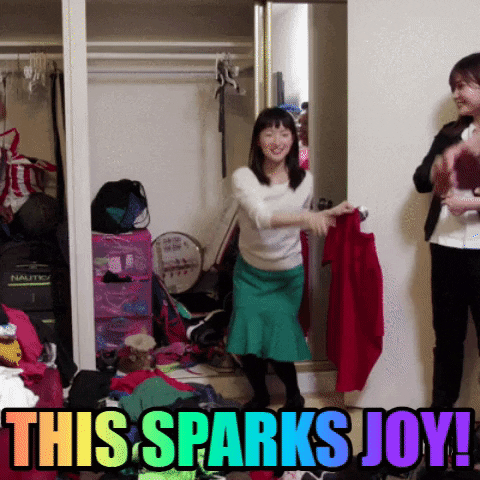
4. Re-discover nap time
Why should kids have all the fun? Sleep is paramount to health and wellbeing. Even if you don’t fall asleep, spending time in a supportive resting position free from disturbance can significantly bolster your stress response, immunity, brain function, and mood.

5. Re-introduce “Time Out”
We may be better at regulating our emotions as adults than we were as children, but we still need space to process our feelings and recalibrate when we feel distressed. Taking a short “time out” for yourself when you feel overwhelmed or aggravated provides a space for you to self soothe and recognize your limits. Instead of pushing through or pushing away anger/frustration/disappointment, or using distraction as a means of escape via scrolling through social media, try a short meditation or mindfulness exercise, a short walk, or a self-massage.
Resources:
Meditation: https://www.headspace.com/
Self-Massage: https://www.buzzfeed.com/annaborges/everything-hurts-and-im-dying

5. Re-visit a hobby
Re-visit a hobby you enjoyed in childhood and prioritize it in your schedule. Spending time doing something just because you enjoy it can be an uplifting, energizing and rewarding highlight in your work week. Group activities can also be a means to make new social connections or spend time with friends you otherwise wouldn’t get to see. Skip rope, hula-hooping, basketball, model airplanes…whatever floats your boat. If nothing comes to mind, look into an activity you were always curious about but never had the opportunity to try. Horseback riding? Ballet?
https://www.horsebackride.com/
https://nytb.org/ballet-school-ny/adult-division
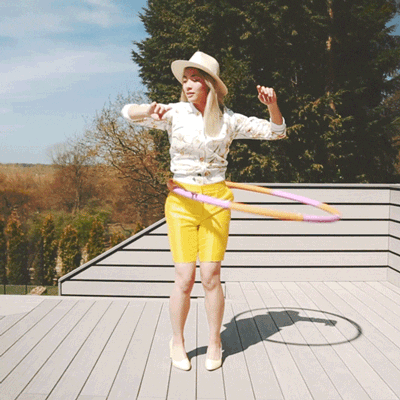
6. Catch your critical self-talk
And replace it with self-compassion. Imagine yourself as a child hearing the things you tell yourself as an adult. Often, we are much harsher on ourselves than we realize or intend to be. We know that kids need kindness, encouragement and compassion to feel empowered; adults are no different.
Reference: https://www.mindful.org/the-transformative-effects-of-mindful-self-compassion/

7. Check-in
Especially during periods of transition or stress, practice tuning in to your feelings and ask yourself, “What do you (inner child) need in this moment?” the more aware we are of our needs in feeling comforted, nourished, supported, and understood, the better equipped we are to show up for the people in our lives that we care about.
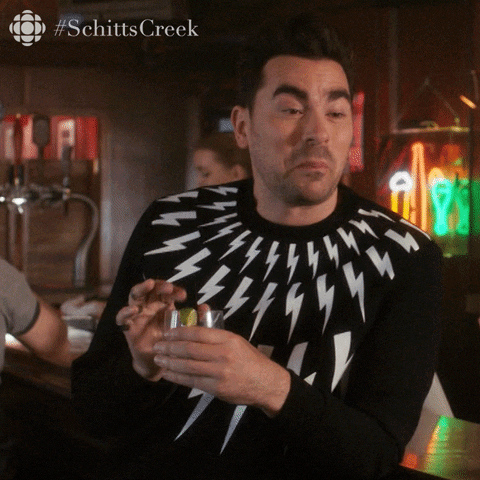
By nurturing our inner child with creativity, care, and awareness, we strengthen our connection to that part of ourselves we so often ignore and keep hidden. Engaging with and giving voice to this core part of ourselves helps us connect more authentically to that which gives our life meaning. A curious and playful stance also facilitates self-discovery and helps us gain clarity around areas of our life that feel stagnant or unfulfilling. Listening to and nurturing our inner child helps us to feel more at ease, more fulfilled, and more aligned with what brings us joy.

See a therapist in New York City today
If you are interested in beginning therapy, Tate Psychotherapy is here to help. We offer a broad
range of services, such as individual therapy for adults, children and adolescents, and family
therapy.
We offer in-person and telehealth services, making therapy convenient, safe, and comfortable.
We accept in-person appointments in New York City locations as well as provide telehealth services to clients in New York, New Jersey, Massachusetts, Connecticut, North Carolina, Florida, Texas, and Louisiana. Get started today: tatepsychotherapy.com/contact
Leave a Reply Cancel reply
Call 212-729-6034 or email admin@tatepsychotherapy.com - 1133 Broadway, Suite 645, New York, NY 10010
© 2025 Tate Psychotherapy LCSW PLLC || Web Design : Breeze Design Web Studio
follow along @tatepsychotherapy
navigate
SERVICES
about
blog
contact
Florida Department of Health
Privacy Policy
© 2025 Tate Psychotherapy LCSW PLLC || Web Design : Breeze Design Web Studio
Call 212-729-6034 or email admin@tatepsychotherapy.com - 1133 Broadway, Suite 645, New York, NY 10010
Good Faith Estimate
FAQS
home
EMDR
Overview of services
perinatal mental health
Teen counseling
Men's mental Health
Couples Therapy
IFS Therapy
clinical supervision
follow along @tatepsychotherapy
navigate
Florida Department of Health
Privacy Policy
© 2025 Tate Psychotherapy LCSW PLLC || Web Design : Breeze Design Web Studio
Call 212-729-6034 or email admin@tatepsychotherapy.com - 1133 Broadway, Suite 645, New York, NY 10010
Good Faith Estimate
EMDR
Overview of services
perinatal mental health
Teen counseling
Men's mental Health
Couples Therapy
IFS Therapy
clinical supervision
Call 212-729-6034 or email admin@tatepsychotherapy.com - 1133 Broadway, Suite 645, New York, NY 10010
© 2025 Tate Psychotherapy LCSW PLLC || Web Design : Breeze Design Web Studio
follow along @tatepsychotherapy
navigate
SERVICES
about
blog
contact
Florida Department of Health
Privacy Policy
© 2025 Tate Psychotherapy LCSW PLLC || Web Design : Breeze Design Web Studio
Call 212-729-6034 or email admin@tatepsychotherapy.com - 1133 Broadway, Suite 645, New York, NY 10010
Good Faith Estimate
FAQS
home
EMDR
Overview of services
perinatal mental health
Teen counseling
Men's mental Health
Couples Therapy
IFS Therapy
clinical supervision
follow along @tatepsychotherapy
navigate
Florida Department of Health
Privacy Policy
© 2025 Tate Psychotherapy LCSW PLLC || Web Design : Breeze Design Web Studio
Call 212-729-6034 or email admin@tatepsychotherapy.com - 1133 Broadway, Suite 645, New York, NY 10010
Good Faith Estimate